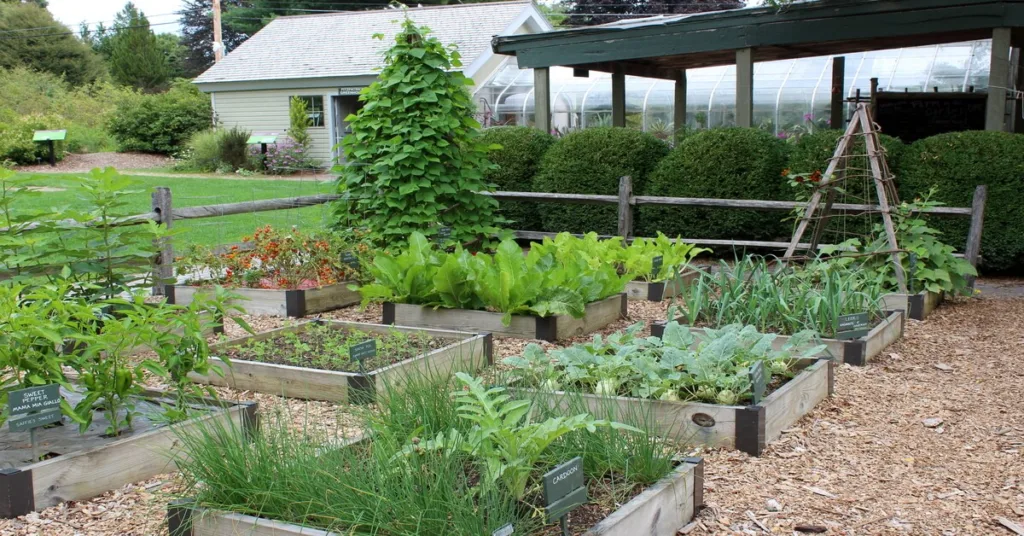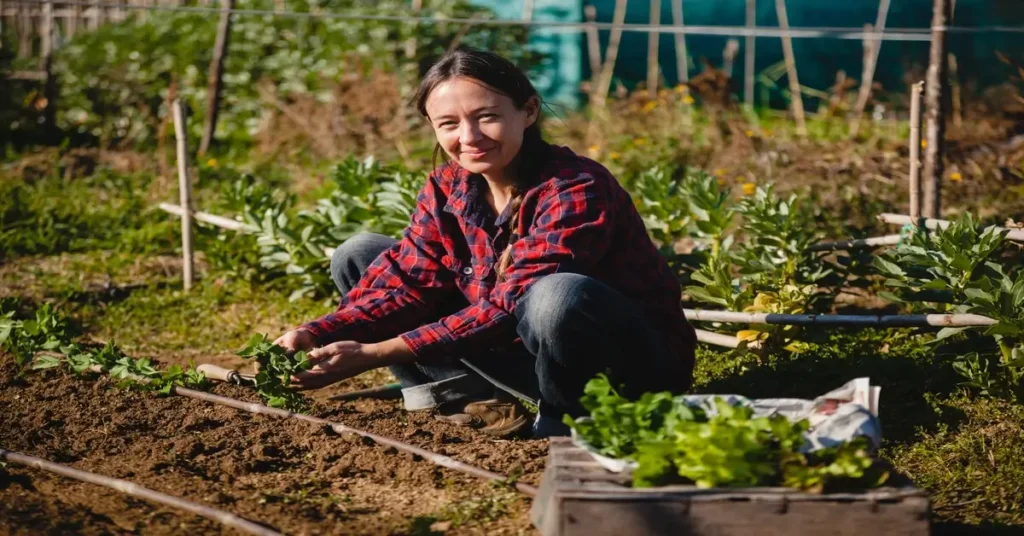Many people think of gardening as a hobby that costs you money. However, if you use the right plants gardening can actually save you more than it costs in a variety of ways.
In this article, we’ll explain how you can use gardening to save yourself money. Whether you want to grow food, flowers, or ornamental plants, the money you save can outweigh the cost.
We’ve also provided a few tips at the end of the article to help you keep gardening costs down. Let’s dive in!
1. Growing Your Own Food Can Lower Your Grocery Bill
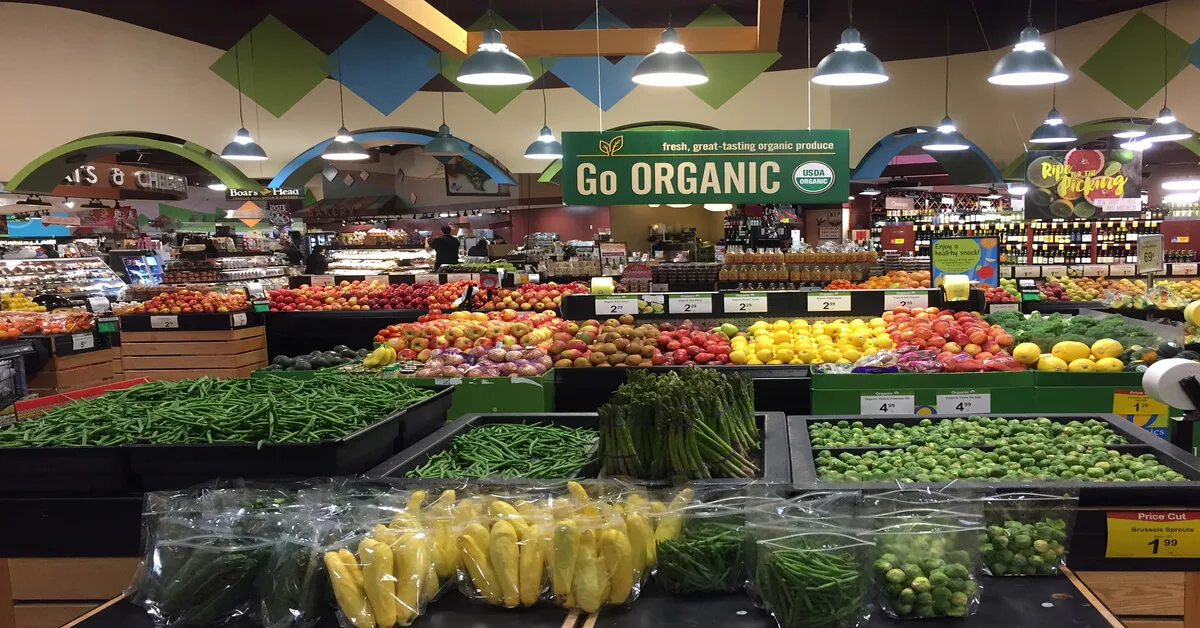
The most obvious way gardening can save you money is on your grocery bill. You can plant vegetables, fruits, and herbs, reducing what you have to purchase at the store. Maximize your savings by only planting food you know you’ll eat.
For example, radishes are quick and easy to grow veggies. However, if you don’t like eating radishes, growing them won’t save you any money.
Stick to growing quantities you know you can use. A single tomato plant can produce up to 50 pounds of tomatoes. You probably don’t need to plant 10 tomato plants or you’ll end up throwing most of them out.
Also, consider using succession planting to spread out your harvest time. Succession planting means you space out planting seeds of the same crop 7 to 21 days apart.
The seeds you plant early on will be ready for harvest sooner than those planted later. This gives you more time to use your produce which reduces waste and increases savings.
Herbs are probably one of the best plants to grow for saving money. Fresh herbs are expensive at the store. They’re also typically packaged in a way that requires you to purchase way more than you’ll actually use.
Herbs are easy to grow and don’t take up much space. You can then simply harvest what you need when you need it saving you a ton of money in the long run.
2. Reducing Your Food Waste Will Save You Money
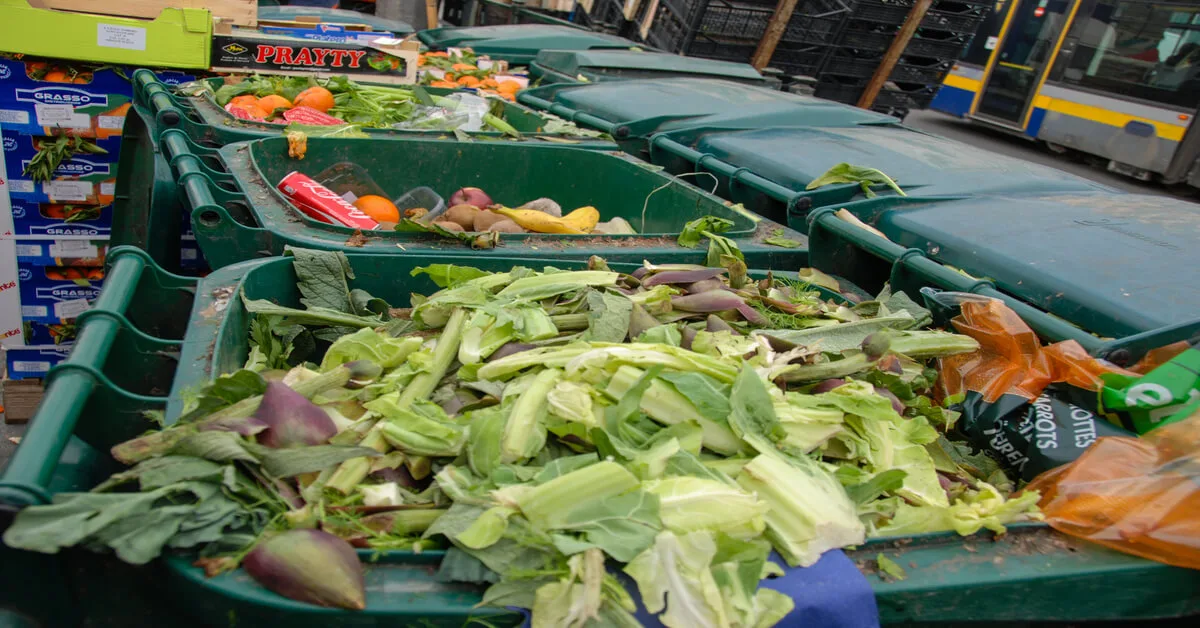
Many produce items purchased at the store come in bags or containers. This can cause you to purchase more produce than you can actually use before it spoils.
When you have your own garden, you can simply harvest what you need when you need it. This reduces food waste which saves you from throwing money in the trash.
3. Produce Your Own Compost To Reduce Fertilizer Costs
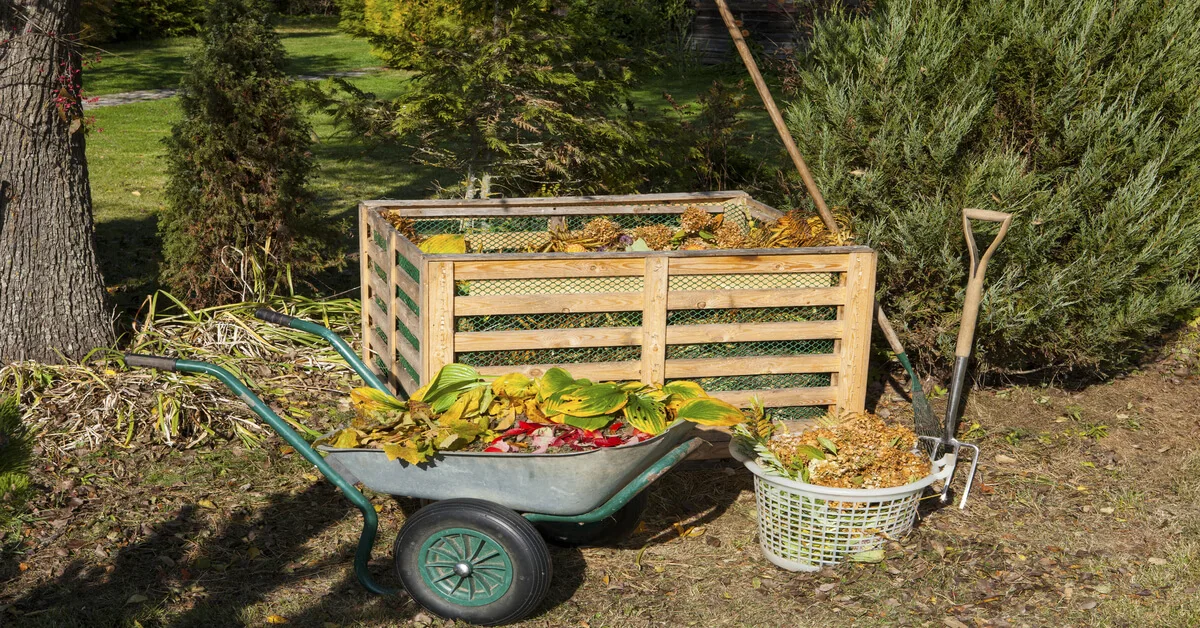
Create a compost pile in your yard using the byproducts of your gardening to save yourself money. You can add plant material generated by pruning plants. You can also add annual plants that need to be removed from the garden at the end of the season to compost piles.
This will allow you to produce your own compost for free and eliminate the need for purchasing fertilizer.
If you haven’t been keeping an eye on fertilizer prices, they rose more than 30% in 2022 alone! So reducing or eliminating the need for it in your yard can save you a lot of money.
4. Upcycling Unused Items For Gardening Saves Money
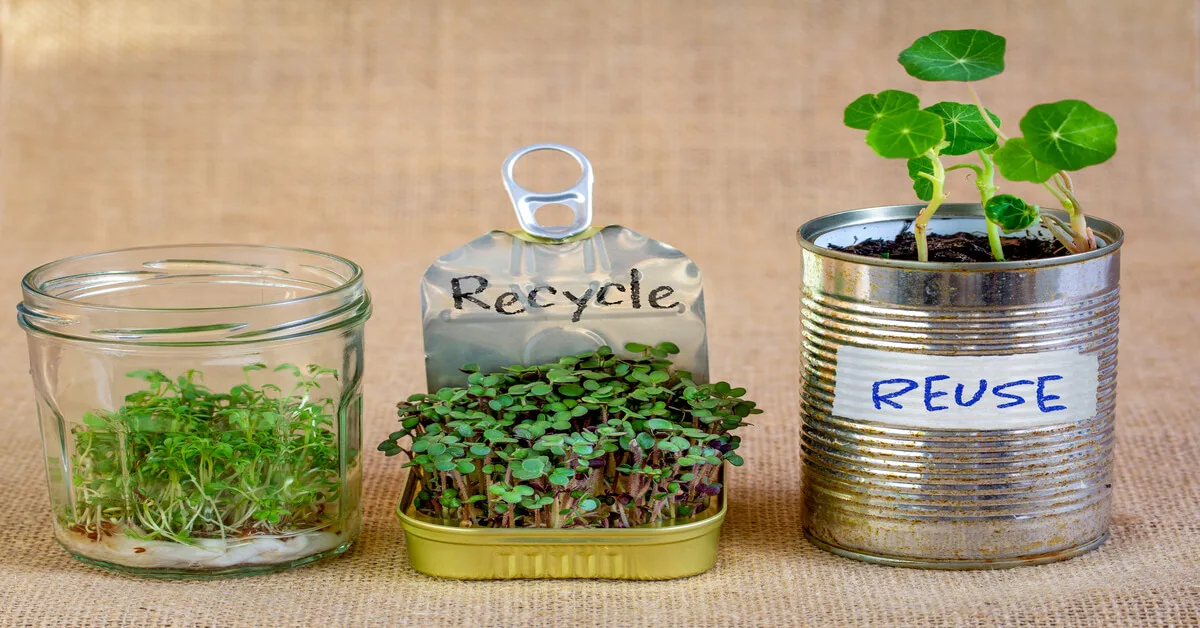
Many of us have an attic, basement, or garage full of what we call junk. Many of these items can ultimately end up in the trash.
However, several things you consider to be junk can actually be transformed into useful garden items. You can turn old furniture into a plant stand, use an old ladder as a trellis, or make a watering can out of an empty laundry detergent bottle. The possibilities are endless!
I’m currently using 8 oz. plastic soda bottles as seed starter trays for my herb garden. I simply cut the tops off the bottles and drilled a few holes in the bottoms for drainage.
Get creative and you may find that you can upcycle all sorts of unused items around your house to meet your gardening needs. This will help reduce the overall cost of gardening and turn junk into something valuable.
5. Gardening Can Decrease Healthcare Expenses
Eating healthy is a cornerstone of being healthy. Eating plenty of fresh fruits and veggies can help you live a healthier life.
Gardening is a great way to reduce stress[1]. Since stress can lead to all sorts of health issues, eliminating stress by gardening will save you money.
Gardening also helps to keep you active and gets you outside. There are several benefits associated with getting fresh air and the sun’s rays help your body produce vitamin D[1].
Overall eating more produce and spending time in the garden may have positive impacts on your health[1]. Being healthier may save you money when it comes to healthcare in the long run.
6. Save Yourself Money On Fresh Cut Flowers
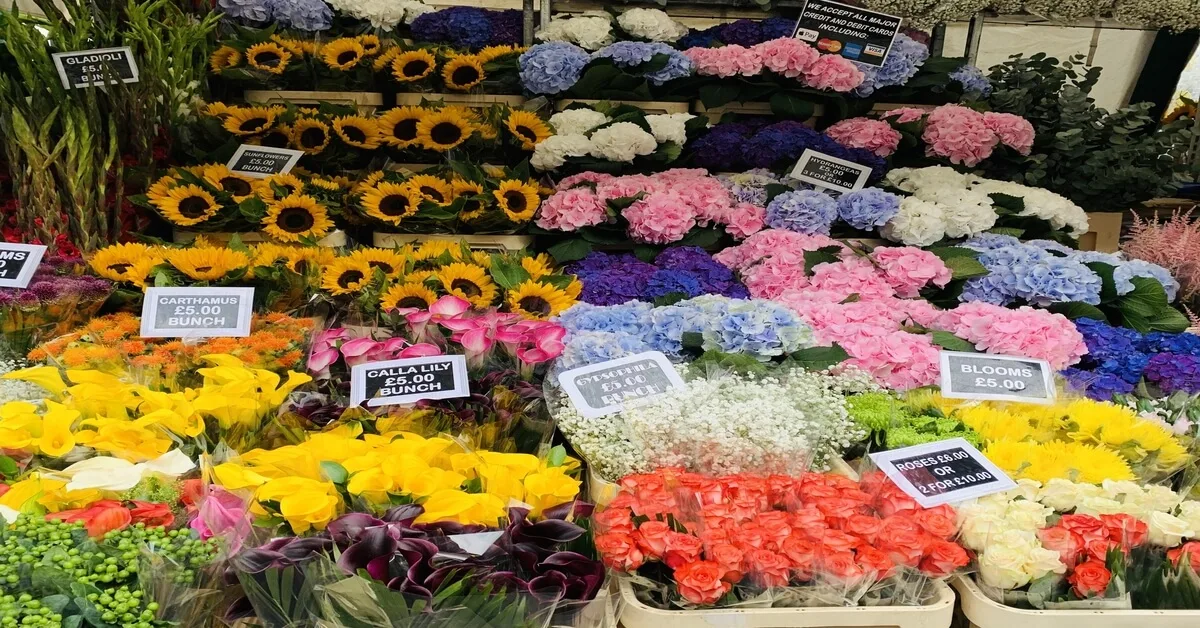
Fresh-cut flowers can brighten up your home and make it smell fantastic! However, they aren’t cheap to purchase and they don’t last very long.
You can easily save money by growing your own flowers instead. Consider using perennials like roses, tulips, or peonies which will come back each year saving you even more money.
7. Grow Gifts For Friends And Family
You can use your garden to grow gifts for friends and families. It’s always extra special to receive a gift that you know someone put a lot of love and care into. Here are a few ideas for gifts you can create no matter what you’re growing.
Consider taking cuttings from houseplants to propagate new plants you can give to loved ones.
We’ve also discussed how growing flowers can save you money. You can gift someone a bouquet of fresh flowers from plants in your garden.
If it’s harvest season, put together a gift basket of homegrown produce for someone special.
8. Trees Can Reduce Your Energy Bill
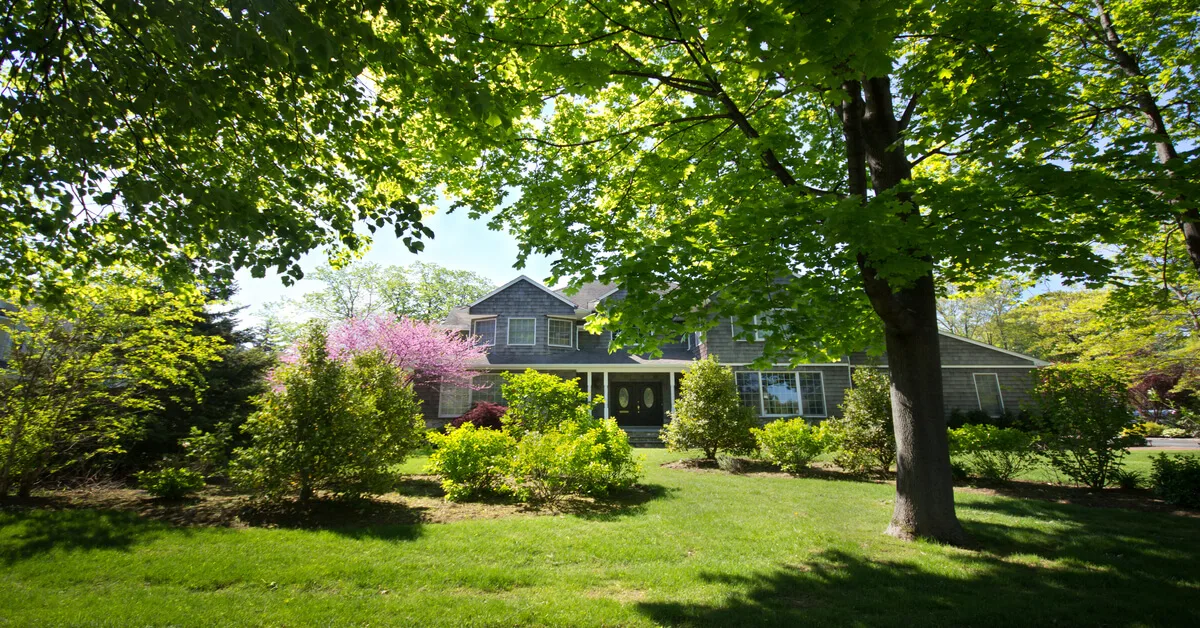
Gardening isn’t just about planting food and flowers. You can also grow trees and shrubs which help lower your energy bill.
Large trees and shrubs can keep your home in the shade during summer. This will help keep your home cooler allowing you to use less energy cooling your home.
9. Gardens Can Increase The Value Of Your Home
When selling your home, curb appeal can greatly increase its value. A yard full of beautiful plants is sure to improve your home’s value. You’ll enjoy the garden while you’re there and reap the benefits of it when you sell your home too!
Tips For Gardening On A Budget
Use insect and disease-resistant plant varieties. Pest and disease management is one of the most significant gardening expenses, especially if you’re growing food.
Start plants from seeds. You can typically get seeds for a fraction of the price of starter plants.
Purchase tools you need from a local thrift store or garage sale.
Collect water using a rain barrel. This will lower the cost of watering your plants and it’s good for the environment!
References:
[1] Thompson, R. (2018). Gardening for health: a regular dose of gardening. Clinical medicine, 18(3), 201.

